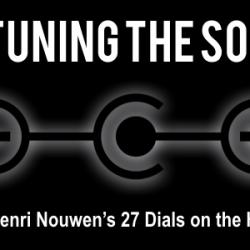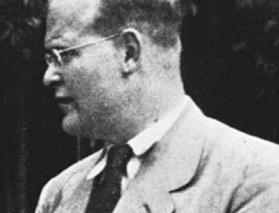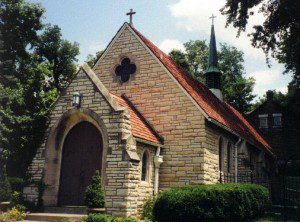Tuesday and Wednesday of this week I got the chance to spend a few hours with Richard Rohr, along with the other members of the Associated Ministerial Order. We traveled to Albuquerque to the Center for Action and Contemplation to sit in conversation with one of the great teachers of our time on the subject of Christian prayer and the spiritual life. Here are a few thoughts and quotes from the first day:
“Every time you choose to love, you forego a little bit of your own truth for the sake of relationship.” What he was talking about here is the idea that the object of life is not perfect theology, but right relationship. We want so badly to be right, to be justified, to be pure, and perfect, but that’s just not possible. We have to let go of the reigns a little bit, and let go of our need to be right if we want to love another person. What God is after, in the end, is that we should relate to everything in love.
Rohr talked about the necessity of trusting your own experience. In the Western Church we’ve been formed in such a way that we believe we cannot trust our own personal experience of God. We need a quote from an expert to validate our own experience, or we cannot trust it. Spiritual formation is, at least in part, about learning to trust our own experience. Rohr says we must always remember that God’s first revelation is creation (the cosmos, for us the earth). God is revealing God’s self in creation and we are part of that. There is an inner witness (soul), that has the capacity to relate to God. This is one of the teachings of the Franciscans – grace is inherent to all creation. It’s not a magic elixir, it’s woven into the universe.
This means that every single moment is a treasure, and the particular is of utmost importance. John Duns Scotus is a famous Franciscan who has influenced Rohr a great deal. Scotus talked of the importance of thisness. God hasn’t created in the abstract, but in the particular. God did not create “trees.” God created “this tree, and this one, and this one…” Same goes for humans. The treasure is the uniqueness of all of creation, and the fact that God has created and willed the life of all of it and God infuses it all with Grace. “You can know a lot about love. But until you meet a man, meet a wife, you will never know love… God only created this. That you exists means God is choosing your being in this moment.” I think that’s a pretty stunning reality that could change our lives if we lived into it. God is choosing my being in this moment, because of his love and goodness. Life is a gift not just as we are born. Life is a conscious gift all the way along. If we can learn to experience the presence of God’s grace and love in the “thisness” of everything, that practice would radically transform the way we relate to God, ourselves, others, and the created world.
Talking about the evangelical distortion of the Trinity, Rohr said that evangelicals have basically pulled Jesus out of the Trinity – out of the essential relationship with the Father and the Spirit. His critique (one which I think has some merit), is that we have trouble understanding the eternal nature of Christ. That Christ was in God before the incarnation. Then we distorted Jesus’s teaching from “follow me,” to “worship me,” and lost the mystery of of Christ’s union with God.
Rohr also critiqued the in/out exclusionary nature of Protestant Christianity. He said that this actually set the groundwork for agnosticism and atheism as they were reacting against the exclusion. He reminds us that Jesus did not make the exclusionary move except with religious insiders who were themselves being exclusive. That’s the one thing Jesus could never accept: exclusive people bent on keeping others out of the kingdom.
“The cross is revelation. Jesus was not “plan b” after creation went off the rails. The cross is a vision of “how much God flows toward you, loves you, lives in you.”
“There is only one heresy: Gnosticism. It comes up every century under a different name… Gnosticism is always trying to find salvation in some kind of theory, some kind of knowledge.”
“Leave me with a person for twenty minutes and I can tell if they’re saved or not. It’s obvious who’s in heaven and who’s in hell… people in heaven – life flows out of them, quite simply. They’re not always putting up boundaries and putting up barriers. You can tell if one’s in hell, it’s no surprise… they sure look like they are in hell… no joy… waiting to be grumpy, waiting to take offense, waiting to feel they haven’t gotten what they deserve.”
More later.












